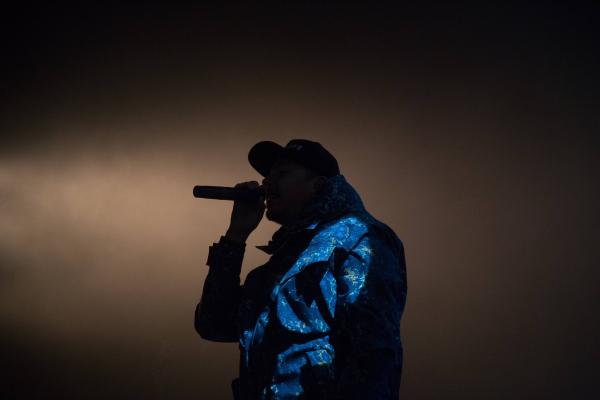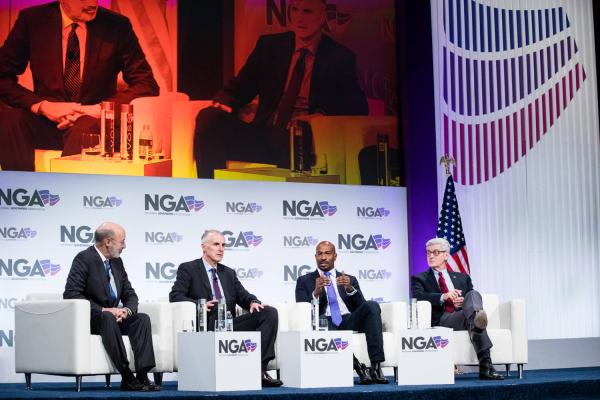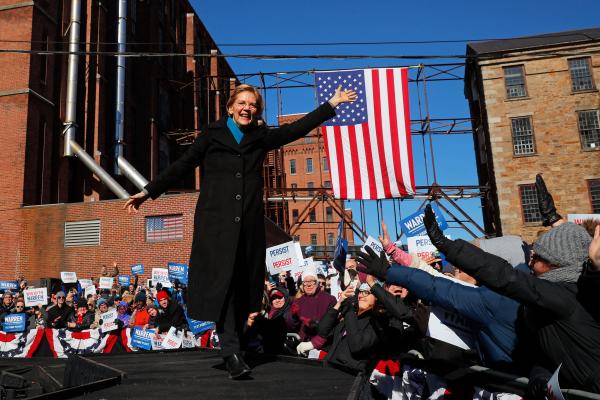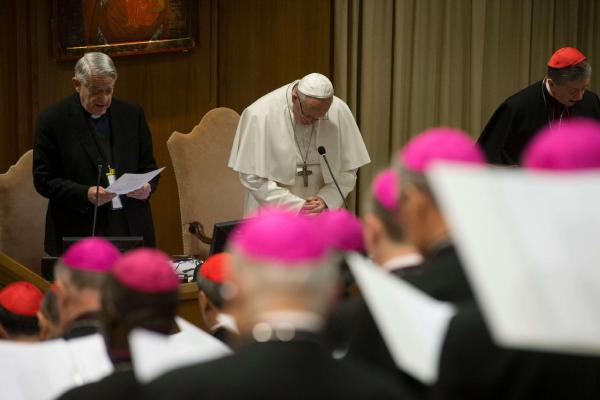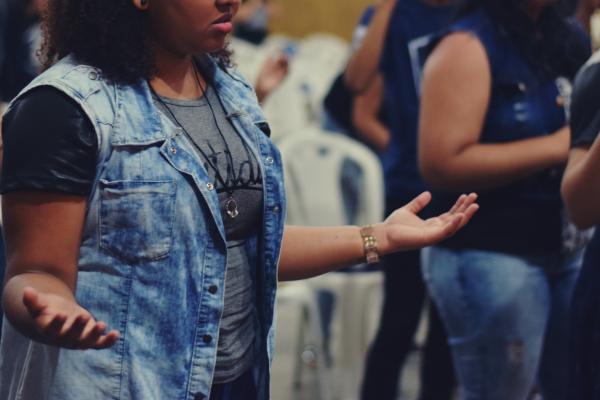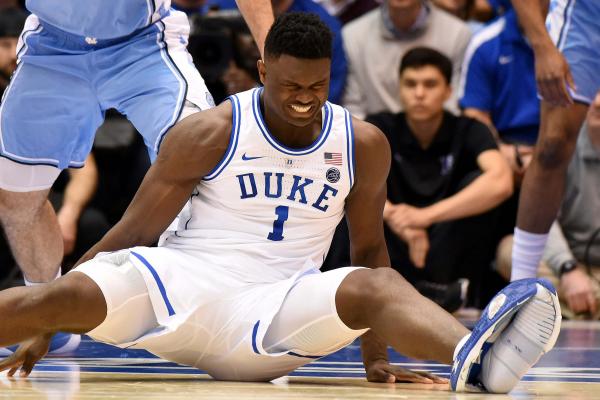As a multiracial Christian, growing up in white evangelicalism challenged my sense of belonging. Fitting in was dependent on how well I could match the church culture. Minorities understand that being accepted by the dominant culture means living out a characterization of ourselves rather than our whole selves. We must think and act with sameness to the dominant church in order to belong.
Where are the safe and brave church spaces for Christians of color?
When I began my theological education, I encountered an even more disturbing reality: the presence of “texts of terror” as Hebrew scholar Phyllis Trible calls them. These heinous sexual crimes and acts of violence committed against women were captured right there, plain as day, in the holy book I treasured.
CNN commentator Van Jones, co-founder of #cut50, an initiative to reduce the prison population, moderated a Saturday morning panel at the annual winter meeting of governors. Jones worked with the Trump administration to rally support for the First Step Act, which the president signed into law in December. Jones called Republican Gov. Phil Bryant “our secret weapon” in convincing Donald Trump to support the criminal justice reform bill.
I’m always very curious about what belonging truly means to a community, and how it is demonstrated. I always wondered, who makes the rules of belonging? Who decides what is and isn’t allowable? Can it go so far as to diminish our humanity or cause us to diminish someone else’s? Many of my early talks with God included questions like these. I still don’t have the answers to all of them, but I’ve spent the past several years trying to find a home inside of the tension between our revolutionary capacity for love as human beings, and our frequent tendencies toward exclusion, destruction and harm.
Many people, both inside and outside of the church, spoke about the problem of child care according to the same reasons. They viewed it as a complex, local problem with complex, local solutions. A team of parents attempted to create a new center and soon discovered the massive amount of capital, time, energy, and attention it would take. Everyone involved insisted that some solution must be possible if only we could bring together various stakeholders in the community to find a way to provide child care for those that need it. But this obscures the truth about the problem of child care in capitalism: It’s not complex and local, but big and universal.
Pope Francis ended his conference on the sexual abuse of children by clergy on Sunday by calling for an "all-out battle" against a crime that should be "erased from the face of the earth." But victims and their advocates expressed deep disappointment, saying Francis had merely repeated old promises and offered few new concrete proposals.
A nun and a woman journalist delivered the toughest criticism of Church leaders heard so far at Pope Francis' sexual abuse conference on Saturday, accusing them of hypocrisy and covering up horrendous crimes against children.
The clashes occurred as Venezuelan opposition leader Juan Guaido, who most Western nations recognize as Venezuela's legitimate leader, gave a personal send off to an aid caravan from the Colombian city of Cucuta.
As thankful as I am to see Greear speaking clearly and mournfully about sexual abuse in the SBC, I feel concerned by this praise-swirled-with-certainty-of-divine-intervention. It seems to surpass encouragement and land at a premature rendering of Greear as a hero. I fear that too many are equating words of sorrow over sexual abuse with a proportionate, justice-oriented response.
In the essay “How The Idea Of Hell Has Shaped The Way We Think,” published in the Jan. 21 edition of the New Yorker, writer Vinson Cunningham examines The Penguin Book of Hell and launches into a stunning and far-ranging reflection on how the doctrine of hell relates to our concerns about the here and now. As a staff writer for the New Yorker since 2016, Cunningham has written on a variety of subjects including Pope Francis, theater, and the NBA. Prior to this, he was a columnist at McSweeney’s and served as a staff assistant at the Obama White House.
